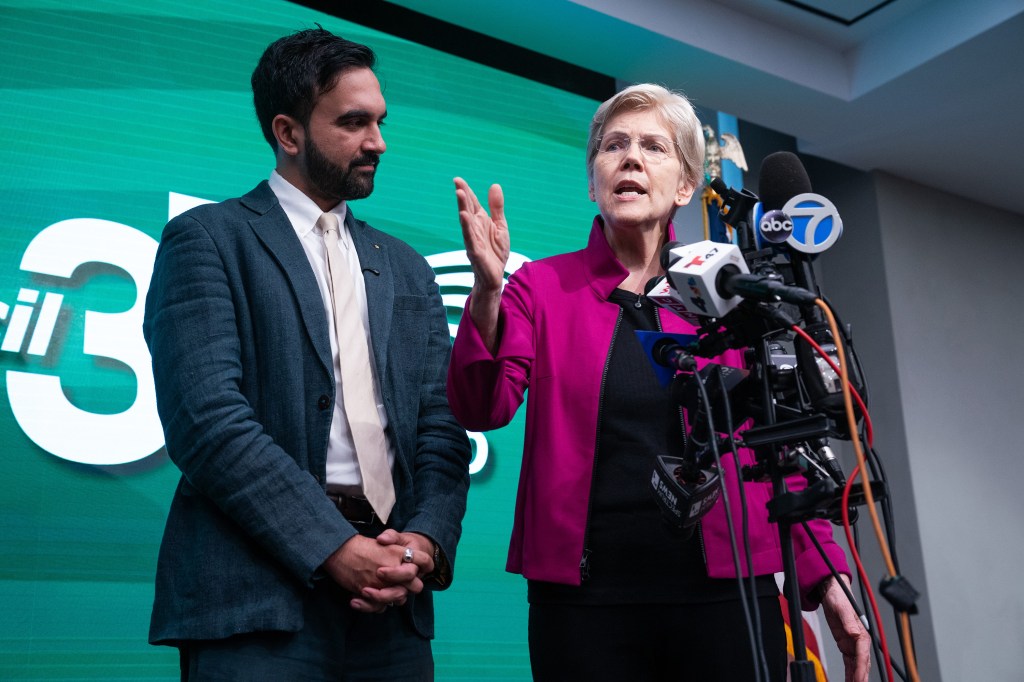Before New York City opens government-run grocery stores, it should explore how the idea worked in Kansas City.
Socialist Zohran Mamdani remains the favorite to become NYC’s next mayor. He has campaigned aggressively against high costs. His website asserts that his plans for government intervention “will lower costs and make life easier.”
One might think voters would view that approach skeptically given that the city has long been run by big-government liberals. But many voters would rather continue down a failed path than acknowledge that their ideology is responsible for the conditions they find intolerable.
One of Mamdani’s ideas is for “city-owned grocery stores.” In his telling, groceries are expensive because of the profit earned by retailers in a capitalist system. There is a surface-level appeal to this argument. Imagine a grocery store’s cost for a gallon of milk is $4, and it sells it for $4.50. It seems like the price would be cheaper if you removed profit from the equation.
But there are two big problems with this analysis. The first is that government bureaucrats are typically terrible at running businesses. Look at Kansas City, which already has a city-backed grocery store. Last year, it lost nearly $900,000. Its shelves are largely empty though the city recently propped it up with $750,000 in somebody else’s money. It has gone from 14,000 customers a week to 4,000. You can’t blame the neighborhood. Two nearby for-profit grocery stores are doing just fine — and have products on the shelves.
This gets to the second problem with Mamdani’s argument. Profit isn’t merely a line item in the budget. It’s the reward a company receives for providing a good or service at a price people are willing to pay. Profit is both a signal and a motivator. When it’s no longer profitable to sell a certain item, stores stock different things. When a company makes high profits, it shows other companies where to direct their resources. This brings more supply, which lowers prices.
For a functional economy, profits are vital. And in a highly competitive industry such as selling groceries, they are hard to come by. Grocery stores typically have a profit margin of 1% to 3%. If a grocery store isn’t well run, it can quickly lose money. For instance, the Kansas City government took weeks to fix a sewer issue that left the store with a foul smell. That’s what happens when a “business” doesn’t have profit as a motivator.
There’s a takeaway here for voters in New York City and beyond. Government-run grocery stores may sound appealing to ideologically inclined voters, but they stink in practice.
Las Vegas Review-Journal/Tribune News Service


